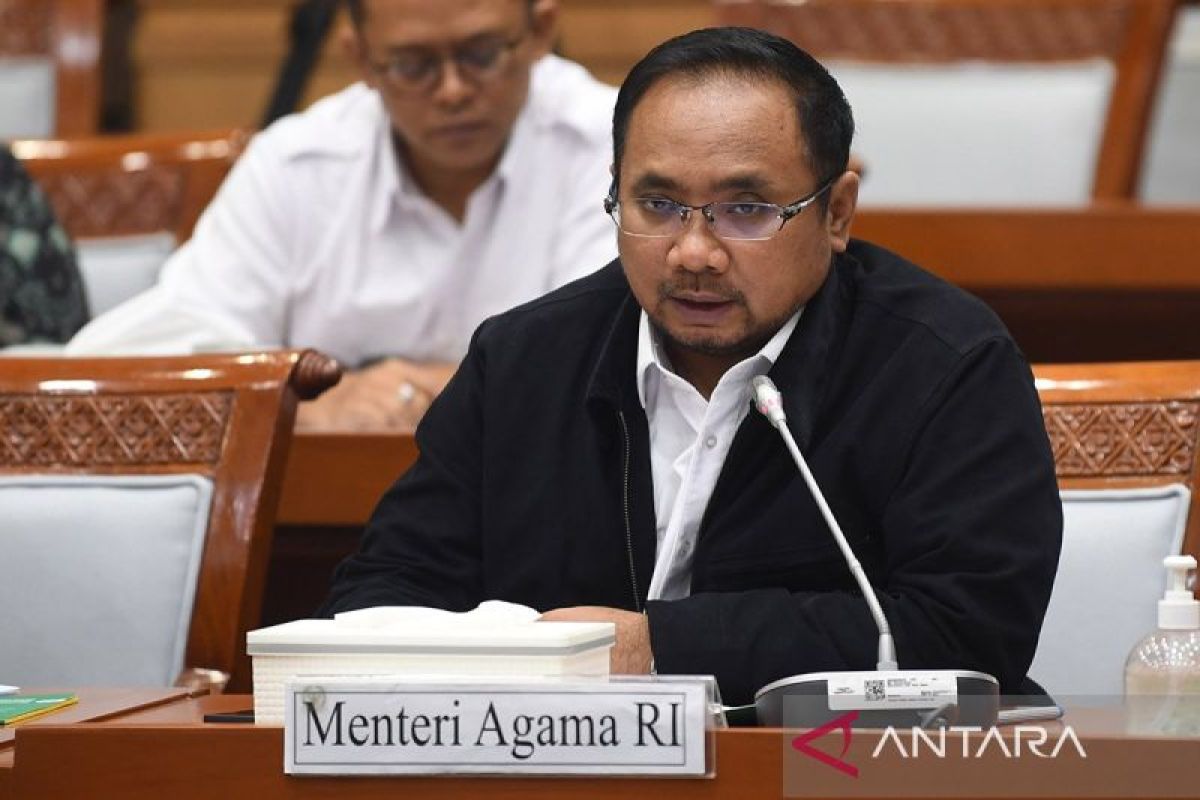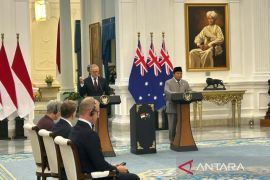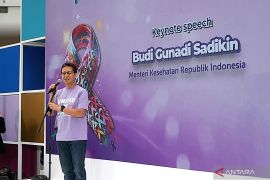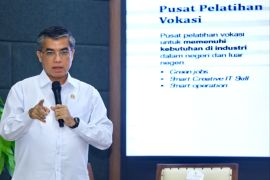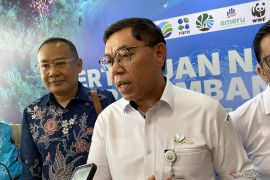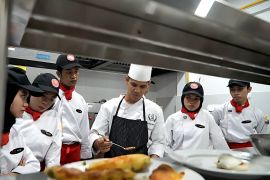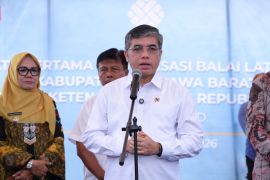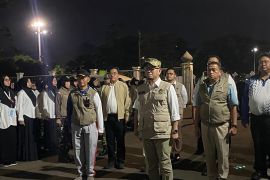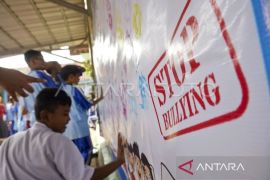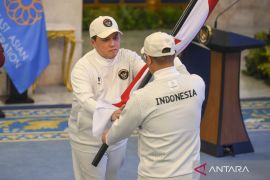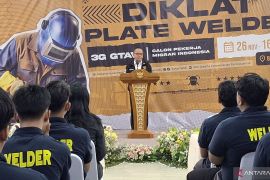"It has created a technology-based service ecosystem that is cheap, affordable, efficient, and serving people," he remarked on Friday.
MOOC is a digital training platform with open access, allowing multiple participants to engage simultaneously.
The ministry utilizes the MOOC platform for distance learning programs. Other institutions have replaced on-site training with online training.
"Through this platform, we can accelerate the development of competencies in human resources, amounting to more than three million personnel within the Religious Ministry," Qoumas said.
He disclosed that previously, participants had to wait for years to access training. However, now civil servants and skill-seeking individuals can participate in training anytime and from any location.
"Hopefully, the MOOC can always disseminate benefits for the people," he said.
Amien Suyitno, head of the ministry's Research, Development, Education, and Training Agency, expressed pride in the MOOC's implementation, which also contributes to fulfilling organizational tasks within the ministry.
"The MOOC is a medium for the ministry to serve the community, civil servants, teachers, extension workers, and others in developing their competencies," he said.
Suyitno explained that prior to the MOOC, the ministry could only train tens of thousands of people annually. Now, thanks to the platform, it can accommodate nearly 2 million participants per year.
The MOOC provides 41 training options, including 30 educational courses and 11 religious programs.
Related news: Hajj overnight stay in Armuzna speeds up movement: Indonesian minister
Related news: Government to evaluate Hajj implementation despite improvements
Translator: Asep F, Kenzu
Editor: Anton Santoso
Copyright © ANTARA 2024
